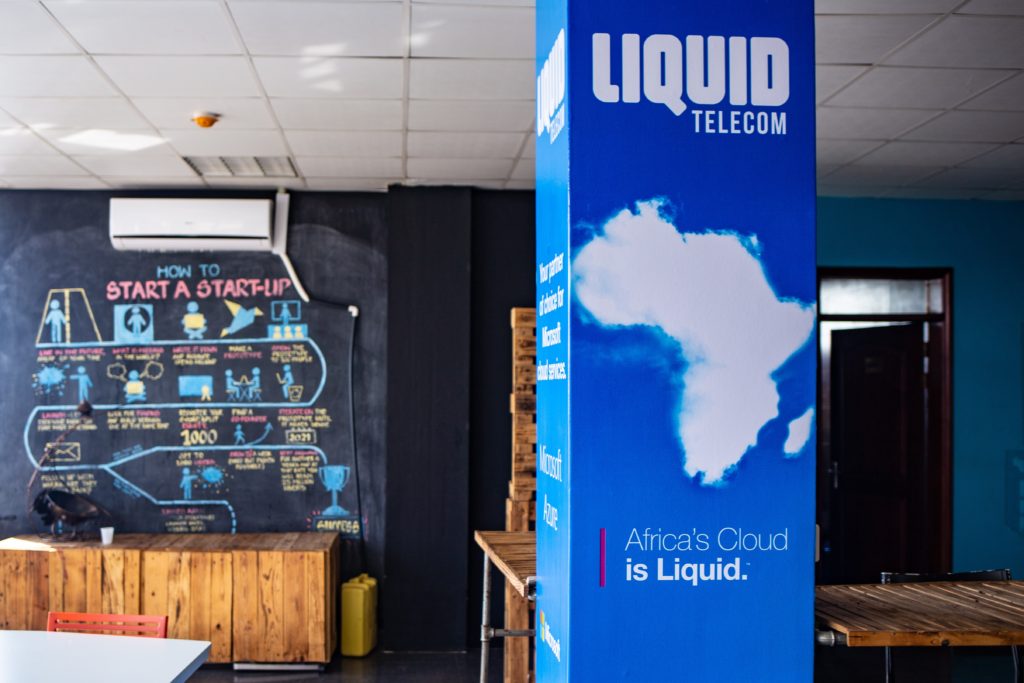The number of active African tech hubs as grown 40 per cent to 618 in the last 15 months, while hubs are increasingly common in the continent’s smaller markets.
That is according to research conducted in a collaborative effort by Briter Bridges and the GSMA Ecosystem Accelerator programme, which defined a tech hub as an organisation with a physical local address that offers facilities and support for tech and digital entrepreneurs.
There are 618 such hubs across Africa right now, up 40 per cent on the 442 identified in last year’s study, according to a blog post co-authored by Briter Bridges founder Dario Giuliani and Sam Ajadi, senior insights manager at the GSMA Ecosystem Accelerator.
It identified five tier one cities with between 20 and 40 tech hubs each, namely Lagos, Cairo, Cape Town, Nairobi and Johannesburg. Nigeria and South Africa are the most advanced ecosystems, boasting 85 and 80 active tech hubs respectively, while Kenya has almost 50 tech hubs. There are 56 operating in Egypt.
Casablanca, Accra, Abidjan, Tunis and Abuja were tier two cities, with more than 15 hubs each, while Dakar, Bamako, Kampala, Dar es Salaam and Lomé are the latest emerging cities with more than 10 hubs.
“Yet as previously mentioned, nascent technology scenes are being registered beyond the core cities and sprouts of ecosystems are now taking shape in places such as Kumasi (Ghana), Bulawayo (Zimbabwe), Lubumbashi (DRC), and Mombasa (Kenya), where rapid urbanisation and improving education systems are creating the fabric needed to support the growth of technology ecosystems,” the post said.
The post noted the growth of the hub space in other North African countries, with Morocco (31 hubs) and Tunisia (29) fuelling the rise of entrepreneurship in the region. Casablanca and Tunis boast around 20 hubs each. Meanwhile, Francophone Africa is also on the rise, with the research showing Ivory Coast was now Francophone West Africa’s leading innovative ecosystem, with over 20 hubs.
“Though the top 10 cities account for more than 40 per cent of total active hubs, with 250 organisations, this mapping highlights that several non-capital cities are emerging as new, sophisticated cradles of innovation,” the post said.
Support for tech hubs comes from a variety of sources. The research found a large number of hubs across the continent have been supported by mobile operators and internet service providers, with Orange setting up Orange Fab labs across Francophone Africa, and MTN and ICT infrastructure providers such as Liquid Telecom also launching in-house tech hubs initiatives.
“While mobile operators have been among the frontrunners in corporate partnerships, not only playing a role in enabling the ICT infrastructure upon which digital services have been implemented, but also investing in tailored programmes over the last couple of years, large tech companies are also supporting the ecosystem by establishing a physical presence,” the post said, highlighting the roles played by the likes of the Google Launchpad Accelerator, Facebook’s NG_Hub in Lagos, the Microsoft Development Centres in Nairobi and Lagos, and IBM’s Tshimologong District in South Africa.
“Notably, more traditional corporations such as Standard Bank have entered the game by setting up incubators across several geographies, including Lusophone countries such as Mozambique and Angola.”
It also noted that African startups were becoming increasingly appealing to an international audience, with the result that global brands such as Y Combinator, Startupbootcamp and Founders Factory have established a greater presence on the continent.
The study did note a high churn rate, with over 150 hubs having shut down operations since 2016.
“This denotes the lack of maturity and diversity of certain business models adopted across the continent – a volatility which lies at the foundation of a growing debate around the sustainability of such hubs and their actual role in the tech ecosystem,” the post said.
“This, and the need to create a collaborative agenda built on common interests, have been the key rationales behind the major efforts towards hub consolidation across the continent, with ecosystem builders from Cape Town to Nairobi calling for better cooperation and dialogue within and across countries.”
This increased commitment to coordinate efforts across ecosystems has led to the establishment of several local and international networks of hubs, such as AfriLabs, Nigeria’s Innovation Support Network, and Kenya’s ASSEK.


